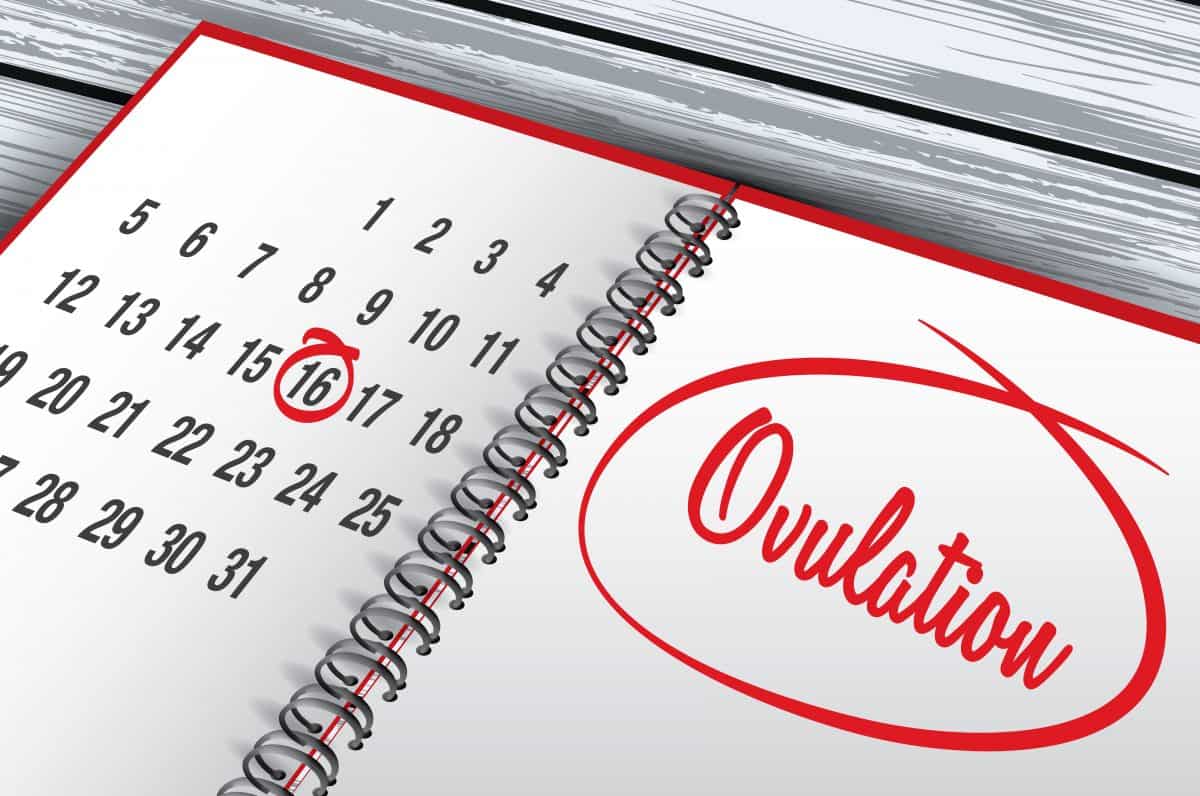If there’s one thing that happens in your body, one event that comes round regularly that you have to identify, it’s ovulation. Ovulation is what your body goes through its monthly cycle for: every other stage and event in the cycle is either a preparation for or a consequence of ovulation.
If you’re trying to get pregnant, you need to know when you ovulate, of course, but that’s not the only time it’s important. Understanding your menstrual cycle better helps you feel more at home in your own body, and disruptions to it can be a useful early indicator for health problems – be they issues with your reproductive health or your health in general.
Today we’re looking at ways you can identify when you ovulate, to give you an advantage when you’re trying to conceive, and more of an insight into your own body.
[amazon_link asins=’B000052XHI,B079RGDQKM,B01H7P9Q5A,B07MLSK36M,B0000B11WE,B071YNWRPP’ template=’ProductCarousel’ store=’top777-20′ marketplace=’US’ link_id=’f7bc8515-72f2-498f-9bc4-f231b762e7cf’]
Online Calculators
The promise of an ovulation calculator is that it will tell you when you calculate with the minimum of work. You simply punch in a few numbers and it tells you when you’re next going to ovulate. This is a great system if you have a very regular menstrual cycle. If you can say with certainty that your cycle is 28 days long, and your period lasts for three neat days without variance, then an ovulation calendar can record that information and turn it into a prediction.
Also read: Chinese Gender Predictor
If your cycle is subject to even the smallest disturbance, be that a natural tendency to vary slightly in length, an occasional reaction to medication or a more serious, ongoing effect from a condition like Polycystic Ovary Syndrome that can not only disrupt your cycle but even prevent you ovulating altogether.
[amazon_link asins=’B000052XHI,B079RGDQKM,B01H7P9Q5A,B07MLSK36M,B0000B11WE,B071YNWRPP’ template=’ProductCarousel’ store=’top777-20′ marketplace=’US’ link_id=’f7bc8515-72f2-498f-9bc4-f231b762e7cf’]
Fertility Monitors and Kits
To really understand when you ovulate, you need more sophisticated assistance. Ovulation predictor kits test the levels of Oestrogen and Luteinising Hormone in your urine, alerting you when surges of these hormones show that ovulation is near!
Older OPKs give you a simply binary answer: you ask if you’re ovulating the test replies yes or no. More modern kits are more responsive, showing you the changing levels of hormones as the weeks go on and alerting you when peak fertility approaches.
Also read: All about pregnancy pillows – do you actually need it?
These tests are less useful for people who are suffering from PCOS, hyperthyroidism or any other condition that can affect your hormones, OPKs get less useful, to the point where they can’t recognise ovulation at all, let alone predict it. In these cases you need a fertility monitor that measures your basal body temperature. With sophisticated, automated thermometers, and an algorithm to process these results, these devices can get you accurate, helpful predictions of when you’re ovulating, and therefore when you need to try if you want to get pregnant.
